What is Forex Trading? A Beginner’s Guide
Hey guys! Today, I want to talk about something that’s been buzzing a lot lately—Forex, also known as the foreign exchange market. I’ve had a lot of people ask me, “What is Forex trading? Is it something I should get into?” So, in this post, I’m going to break it all down for you and answer these questions in detail.

i. What is Forex trading exactly?
Forex, short for the foreign exchange market, is where currencies from different countries are traded. For example, when you exchange your local currency for another before traveling, that’s a small-scale version of Forex trading. On a global scale, however, trillions of dollars are exchanged daily. Operating 24 hours a day, five days a week, Forex involves financial institutions and individual traders, all aiming to profit from changes in currency exchange rates.
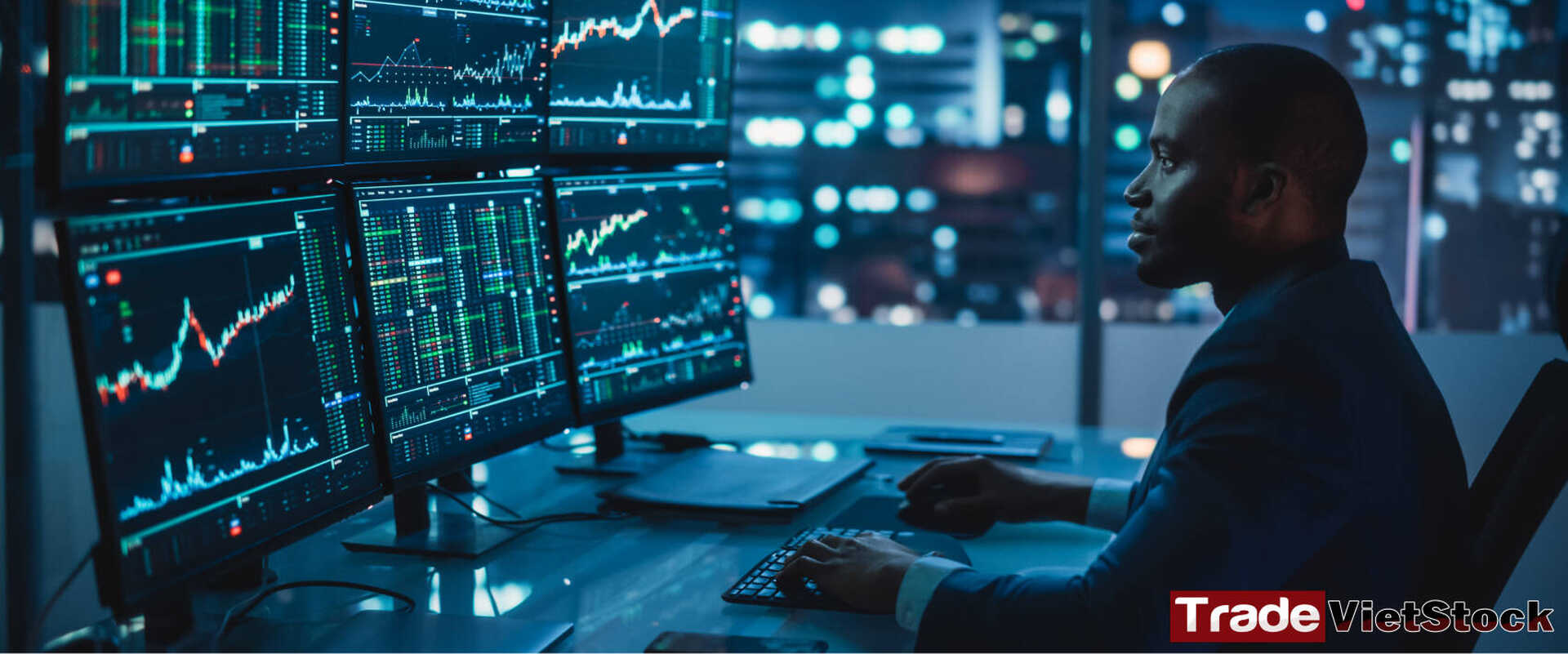
ii. Who’s Involved in Forex Trading?
Think of Forex as a massive ocean. In this ocean, there are “big fish”—central banks, large investment funds, and multinational companies—who have a significant impact on the market. Then there are the “small fish,” which is where we, the individual investors, come in.
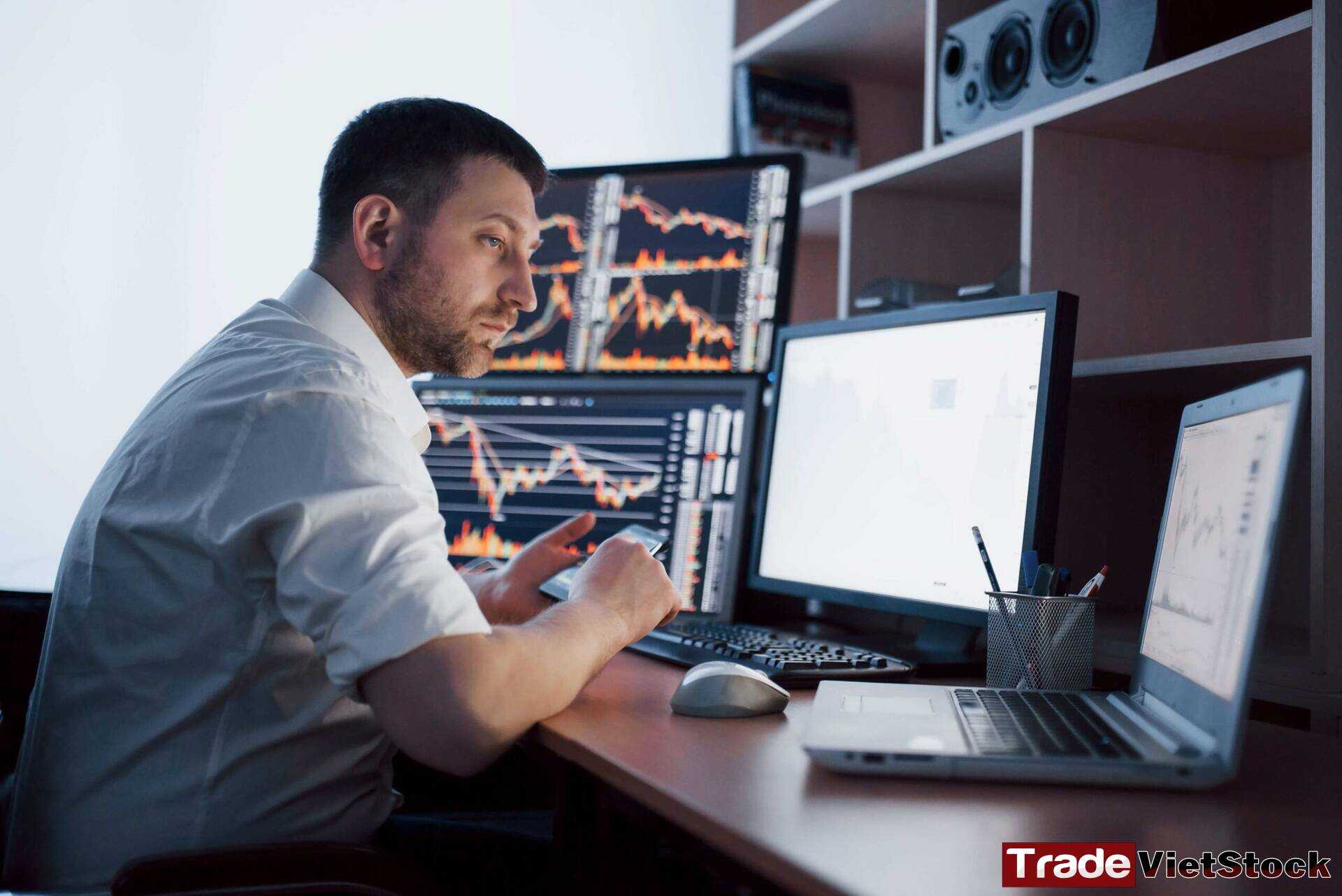
Even though we’re small players, we can still benefit from Forex trading by using online platforms, market analysis tools, and a good strategy to make smart trades.
iii. Is Forex Trading Easy?
Here’s the thing—trading Forex successfully isn’t as easy as just clicking a button to buy or sell based on candlesticks and price charts. I used to blow up my accounts several times before I approached Algo trading 4 years ago. So there’s no doubt that you will need a solid strategy and a good understanding of both technical and fundamental analysis to catch the right market trends.
If you’re just starting out, I highly recommend trying a demo account first. It’s the best way to get a feel for the market without risking any real money until you find out what’s best for you.
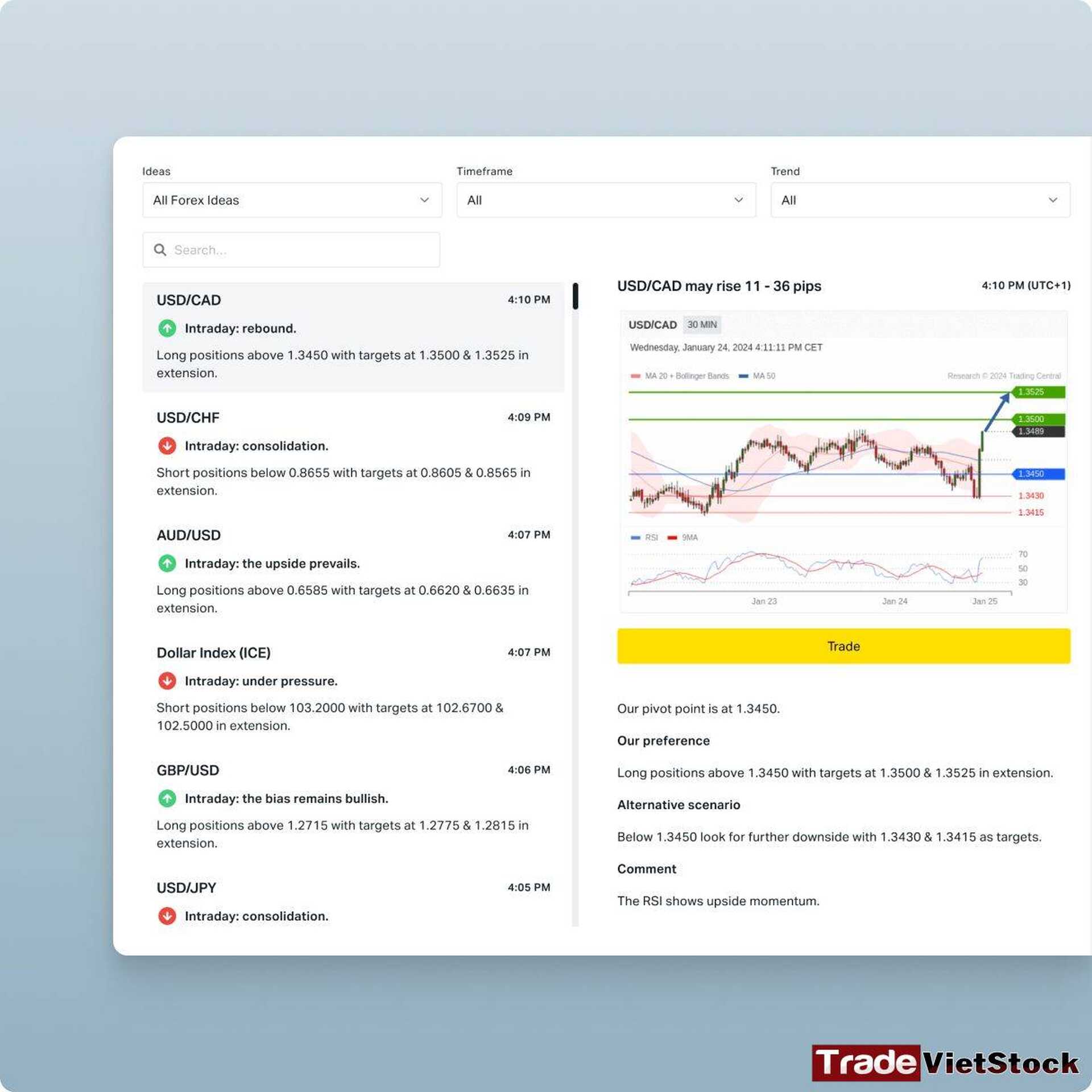
iv. How Do Individual Traders Make Money?
For smaller traders like us, the goal is to make money by taking advantage of price movements between different currency pairs, index, or any kind of CFD assets. This means you’ll buy a currency when you think it’s going to go up in value, and short when you expect it to drop.
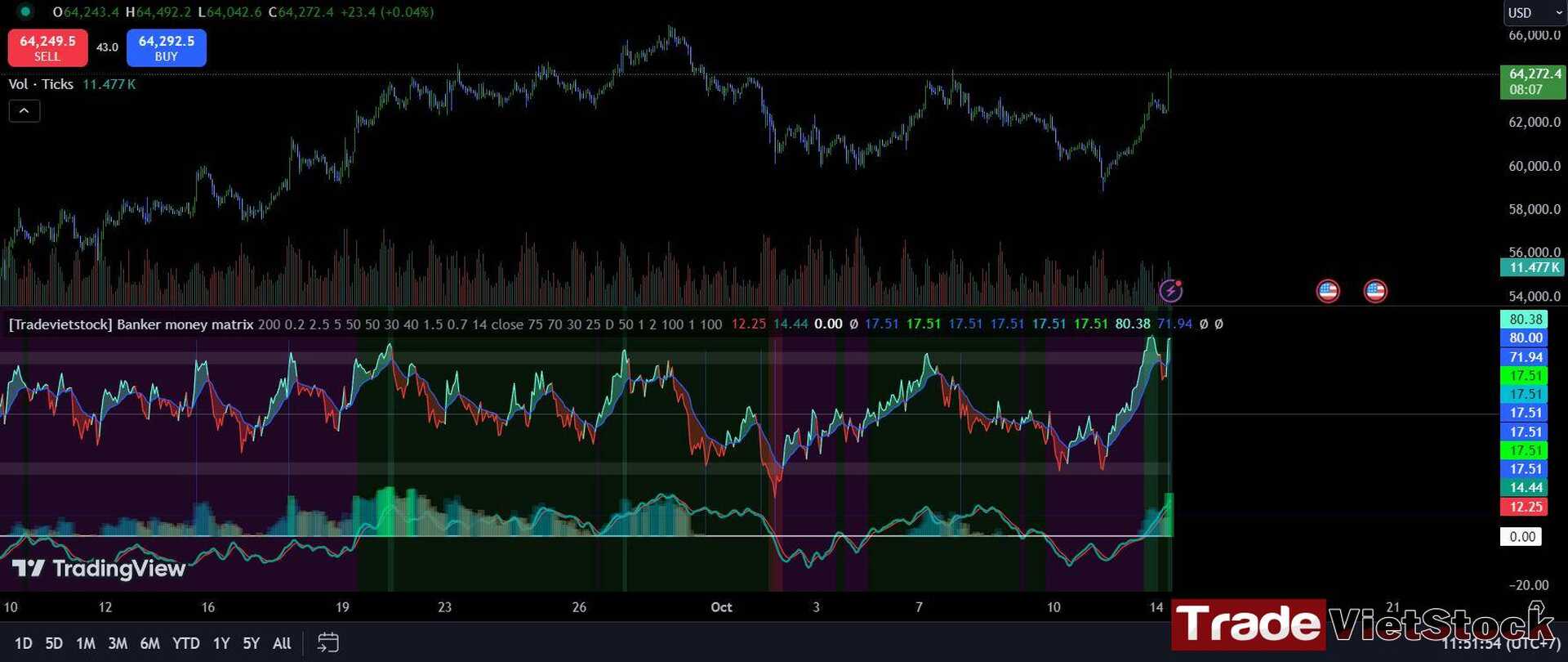
For example, if you believe the Bitcoin (BTC) will rise against the US Dollar (USD), you’d buy the BTC/USD pair. If the price goes up as you predicted, you pocket the profit. Conversely, if you know the price will go down, you short it and profit from price difference later. Sounds simple, right? But in reality, it takes knowledge and a clear strategy to succeed.
v. Benefits of Trading Forex
Well, there are some really appealing advantages to Forex trading, especially for you, a retail trader. Here are a few key benefits:
1. Trade Anytime, 24/5
One of the best things about the Forex market is that it operates 24 hours a day, 5 days a week. This means you can trade at any time that suits you—whether it’s early in the morning or late at night—unlike the stock market, which has set trading hours.
For example, if you work a 9-5 job in the daytime, you can trade Forex when you go home. There are actually plenty of trading opportunities.
2. High Liquidity
Forex is the largest financial market in the world, with trillions of dollars traded daily. This means you can easily enter and exit trades without delays—there’s always someone ready to buy or sell.
3. Low Trading Costs
Compared to other markets like stocks or commodities, Forex trading fees are relatively low. The main cost is the “spread” (the difference between the buy and sell price), which is often quite small. This is especially beneficial for short-term traders who need low-cost trades to be profitable. You’ll see how crucial low trading cost are when you start trading with your real money.
For instance, Exness offers some of the lowest fees around, with no overnight charges and savings of up to 50% on trading fees at Trade Viet Stock.
4. Leverage
Leverage allows you to control a larger amount of money than what’s actually in your account, making it a powerful tool. It lets you magnify potential profits, even with a small initial investment. For example, with 1:100 leverage, you can trade $10,000 with just $100 of your own money.
What’s more surprising is that Exness even offers leverage as high as 1:2000, meaning you can trade $20,000 with only $10 in your account! Let’s imagine you make profits from a $20,000 position, with just $10 deposit. Yet, be careful if you make wrong decisions, my friend.
5. Profit in Both Directions
Forex gives you the flexibility to make money whether the market is going up or down. If you think a currency will rise in value, you can “go long” (buy). If you think it’ll drop, you can “go short” (sell). This means you have opportunities to profit in any market condition, as long as you make the right call.
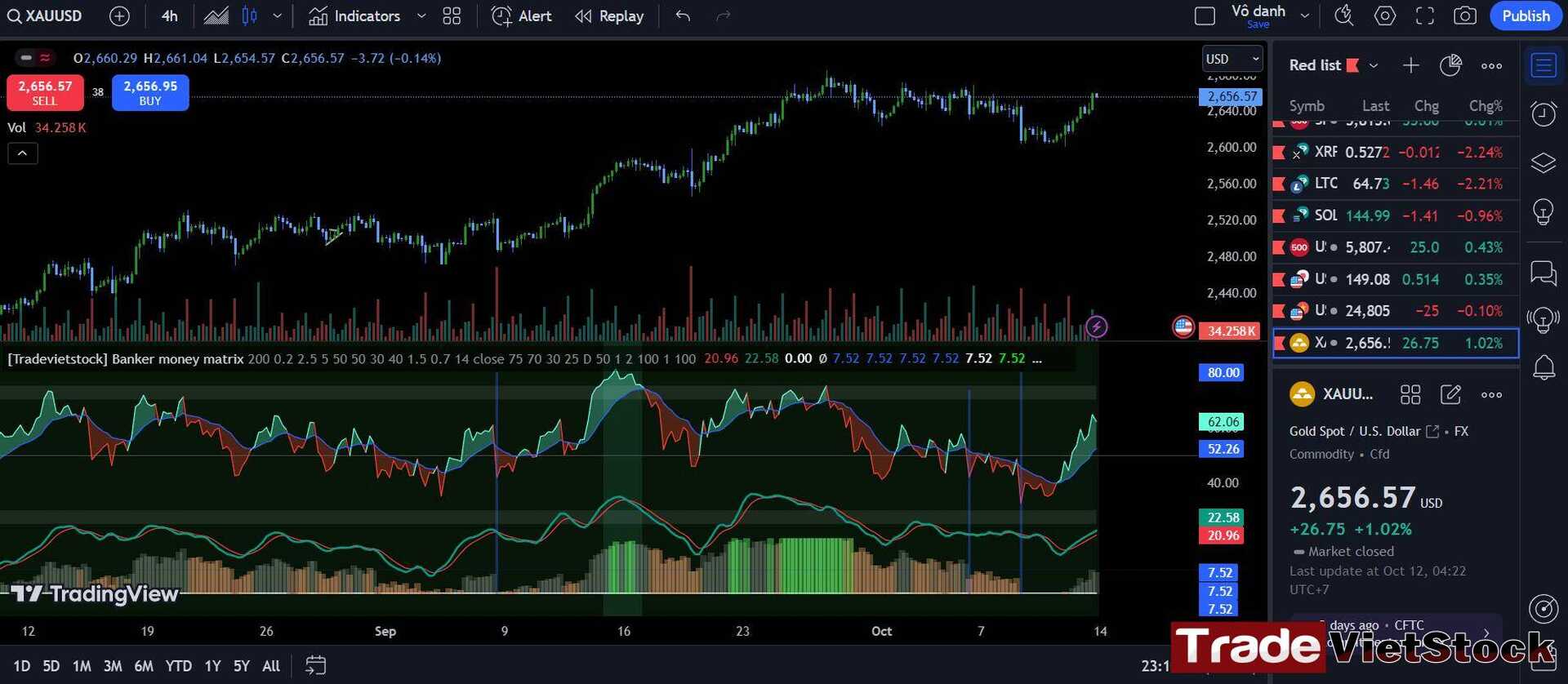
6. Wide Variety of Currency Pairs
There are over 80 different currency pairs to trade in the Forex market, from major pairs like EUR/USD and GBP/USD to more exotic ones. This variety allows you to diversify your trading strategies and reduce risk.
You can also trade other assets like stock indices, commodities, and even cryptocurrencies like Bitcoin, all from the same platform.
7. Easy to Start, Minimal Requirements
You don’t need anything fancy to get started in Forex trading—just a smartphone or a laptop with an internet connection and you’re good to go. It’s that simple!
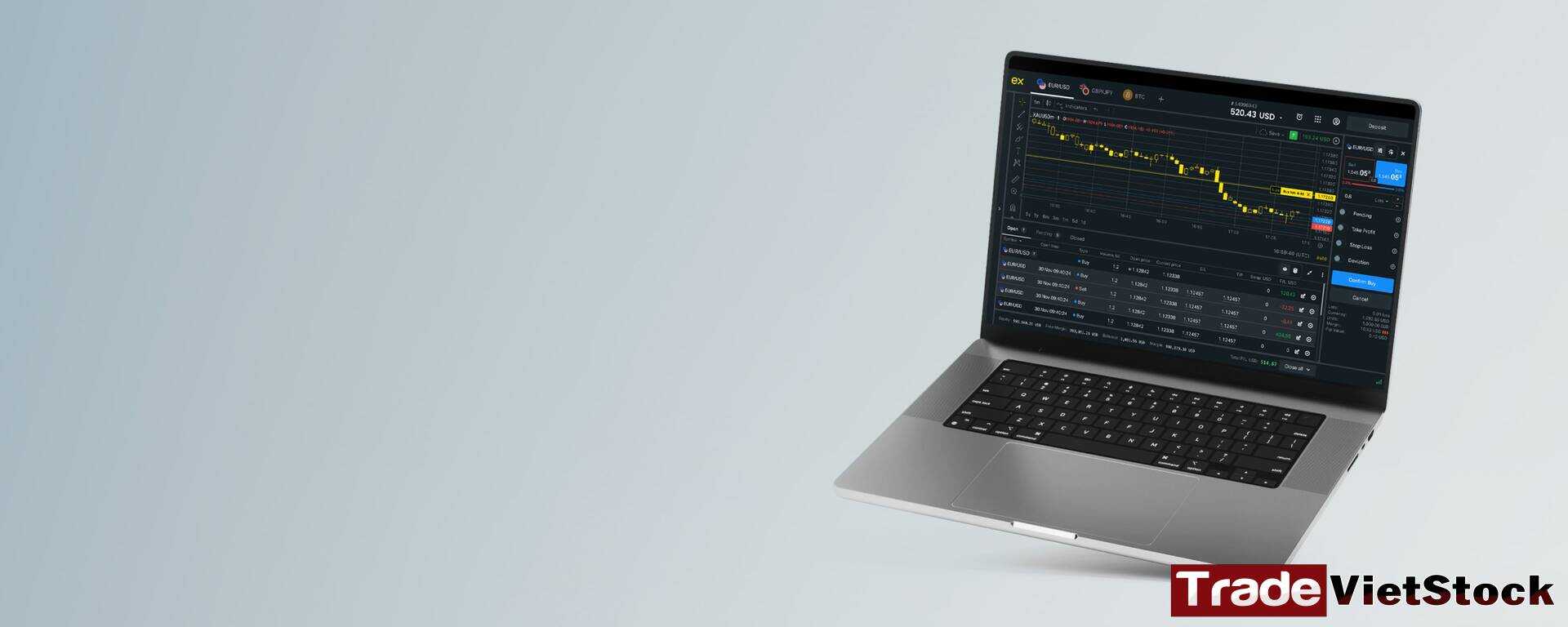
vi. Test the Waters with a Demo Account
One of the great things about Forex is that you can start off with a demo account. This is an excellent way to practice in a real-world environment without risking your actual money. You can test different strategies, get familiar with the trading platform, and build your confidence before you dive into live trading.
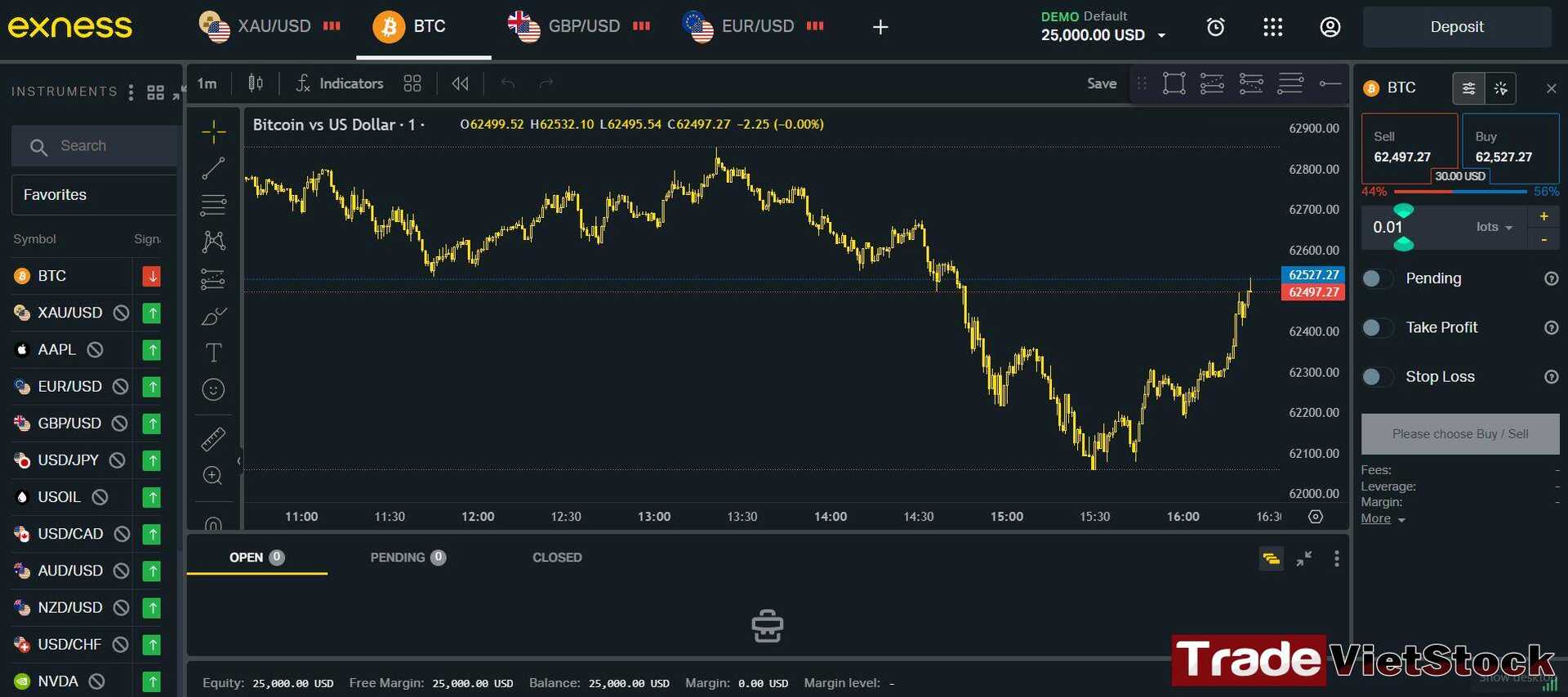
vii. Common Mistakes New Traders Make:
- Not having enough knowledge or understanding how the market works.
- Setting unrealistic goals or falling for FOMO (fear of missing out).
- Not taking the time to learn, and instead, chasing short-term profits.
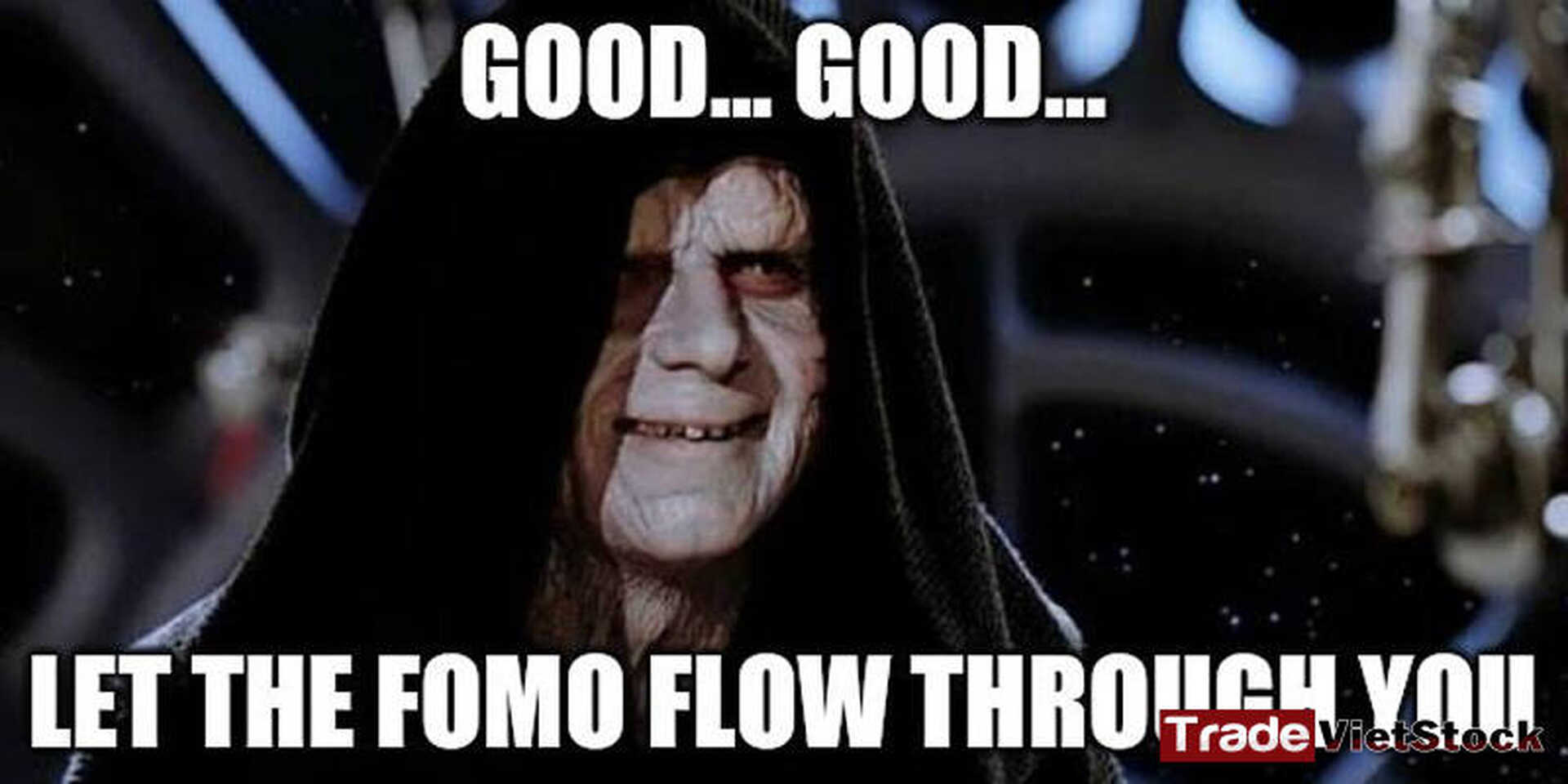
These are some of the reasons why many new traders lose money right from the start. So, before you jump in, make sure you know what you’re doing, understand where to trade, and have a clear idea of the minimum investment you need.
viii. Free Demo Account Link
So, what’s the bottom line? Forex isn’t just a game of luck. If you go in without any knowledge, sure, it might feel like gambling. But if you put in the time to learn, develop a strategy, and stay disciplined, Forex can be a powerful investment tool.
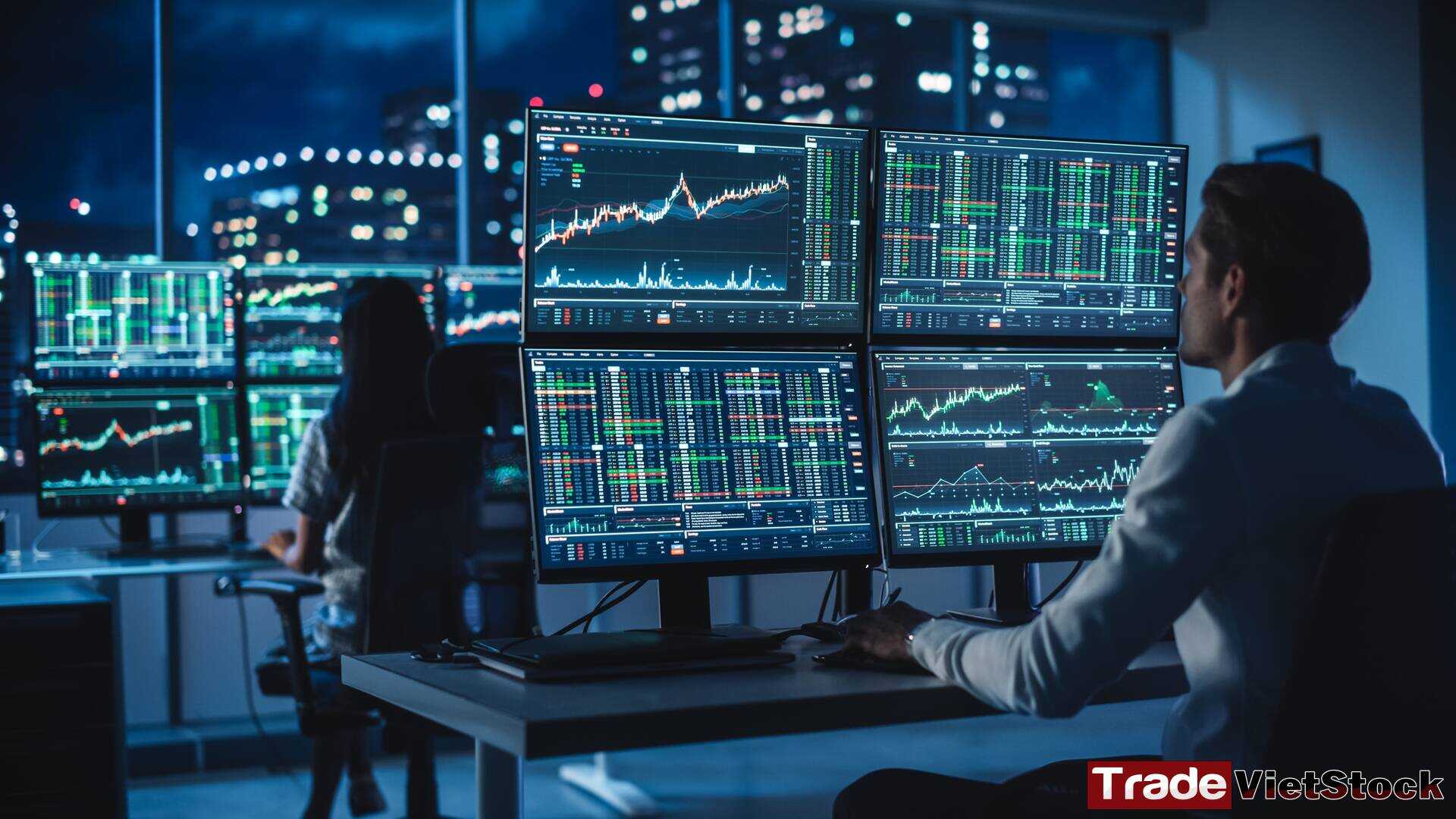
Don’t expect to “get rich quick” because that mindset usually leads to disappointment. Instead, focus on learning, creating a solid trading plan, and if you’re a beginner, start with a demo account to get comfortable with the market first.
If you’re curious and want to give it a try, why wait? Start learning today! Here’s the link to set up a free demo account with Exness. Good luck, and happy trading!
[Link to register for a free Exness account]
ix. Picking Your Forex Trading Partner: What You Need to Know
Getting into Forex can feel a bit like trying to find the best coffee shop in a new city—there’s a lot to consider but finding the right spot can make all the difference. Here’s how you can choose a broker that fits just right with what you need from your trading experience.

1. Starters’ Pick: Exness – Easy on the Wallet and Simple to Use
Jumping into Forex shouldn’t be hard or expensive. That’s where Exness shines. It’s perfect if you’re just getting your feet wet. Think of Exness like your helpful trading buddy who:
- Doesn’t overload you with fees. You keep more of your money as you learn the ropes.
- Has an intuitive platform that won’t leave you scratching your head.
- Offers straightforward educational content to get you up to speed in no time.
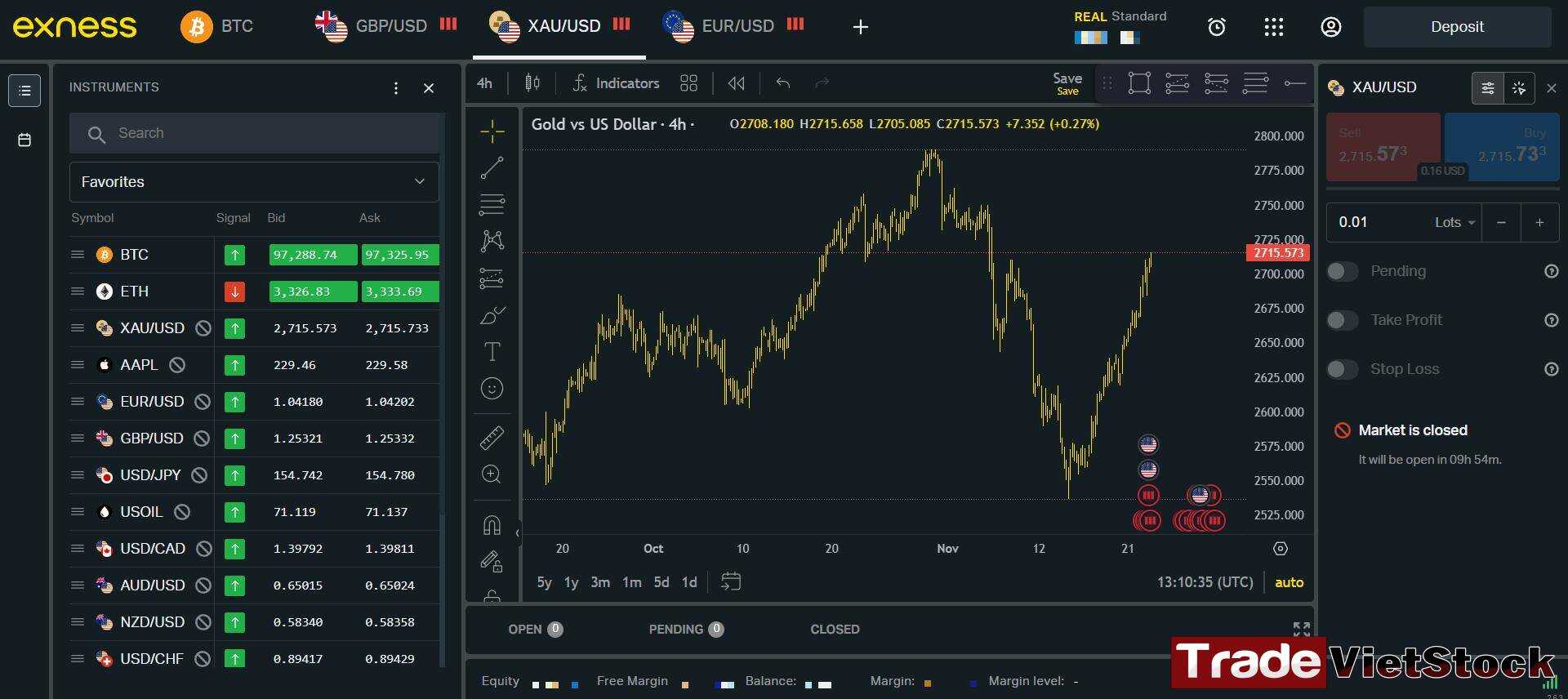
2. For the Trading Veterans: XTB and FxPro – Tools for the Big Leagues
If you’ve got a handle on the basics and are ready for the major leagues, XTB and FxPro are like the high-end gyms with all the best equipment:
- XTB isn’t just broad in its offerings—from forex to crypto—but its platform feels like the cockpit of a fighter jet, loaded with features for deep dives into market analysis.
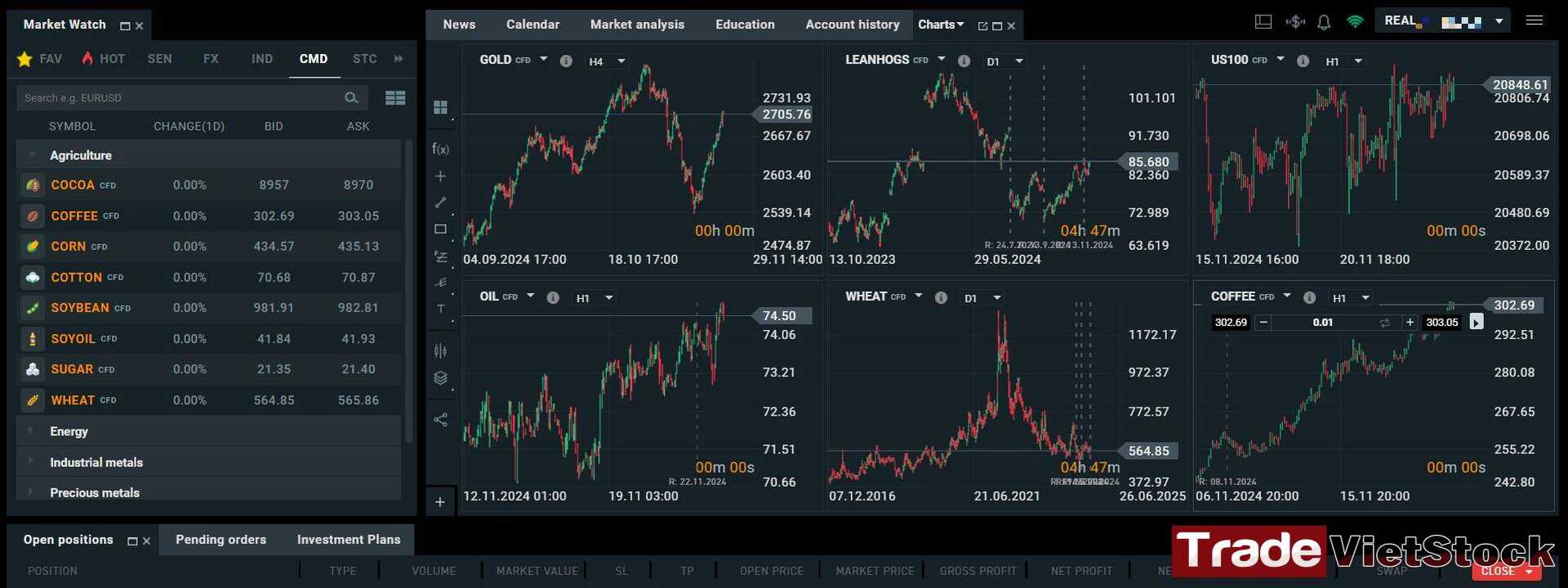
- FxPro steps up your game with access to multiple advanced platforms like cTrader, perfect for those who live and breathe trading. They’re all about giving you the tools to execute sophisticated strategies.
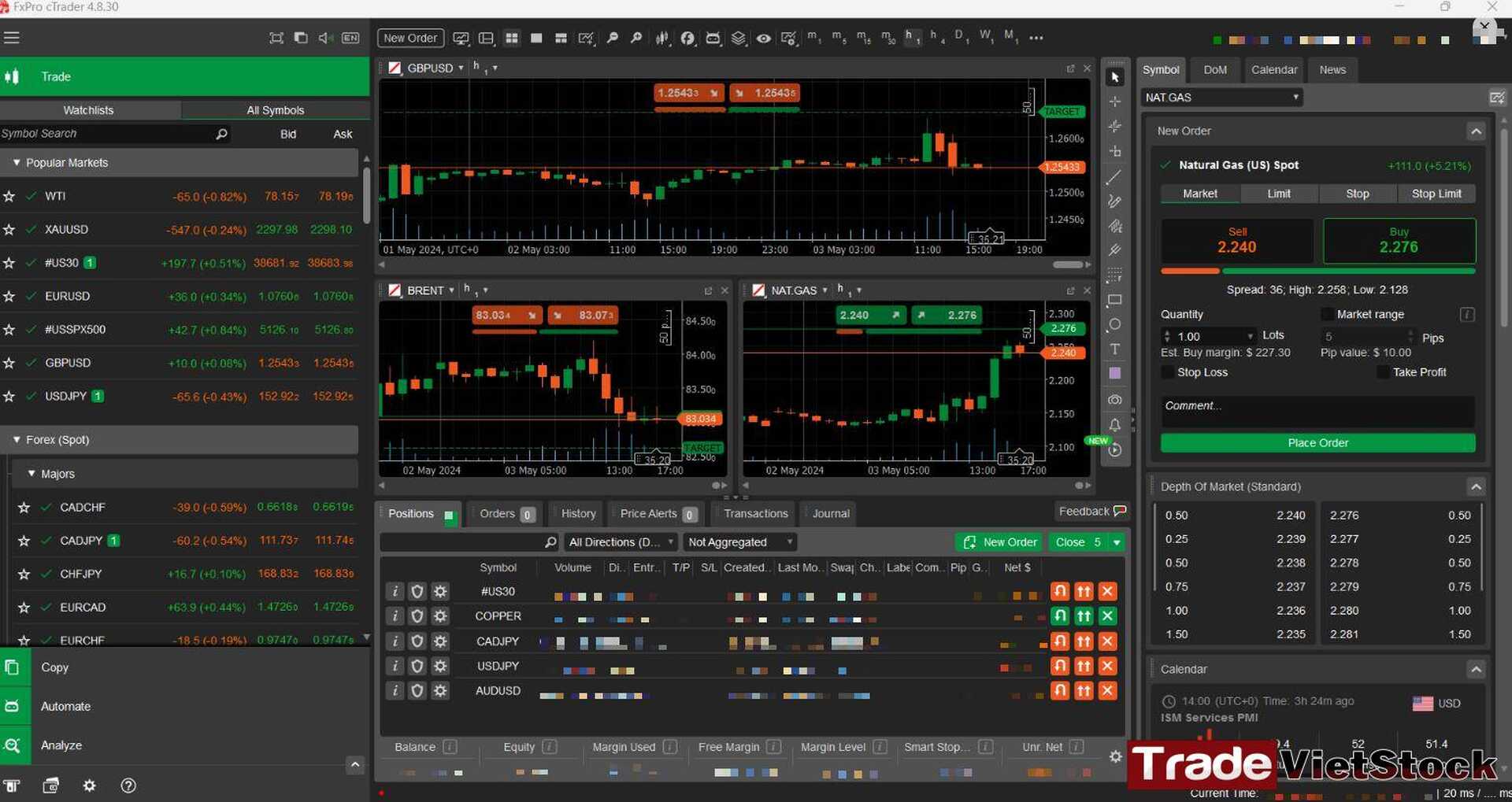
3. Making the Choice That’s Right for You
Think about how you like to trade. Are you in it for quick, straightforward trades, or do you plan on building complex strategies? Either way, whether it’s the no-fuss approach of Exness or the comprehensive toolkits of XTB and FxPro, consider:
- The unique features each broker offers and how they align with your trading style.
- The kind of support and learning resources they provide that can help you grow.
- Understanding all associated costs—because no one likes nasty surprises when it comes to money.
I know trading isn’t an easy game, especially for those who take it seriously. That’s why I believe you should practice consistently before finding the trading strategies that suit you best. You can start risk-free by opening a demo FX account to get familiar with the market.
Below are registration links for two of the best brokers:
- XTB Online Trading — the top broker for traders in the EU
- Exness — the best choice for traders in Asia
You can also experience world-class services and trusted reputations from some of the top 5 crypto exchanges:
- Binance — The largest crypto exchange on Earth
- Bybit — A well-established name known for its long-standing reputation and diverse financial instruments
- Bitget — User-friendly interface combined with a strong reputation
- MEXC — The lowest trading fees with one of the most beginner-friendly interfaces
- OKX — A major name known for secure asset storage and powerful DEX tools


 Tiếng Việt
Tiếng Việt


